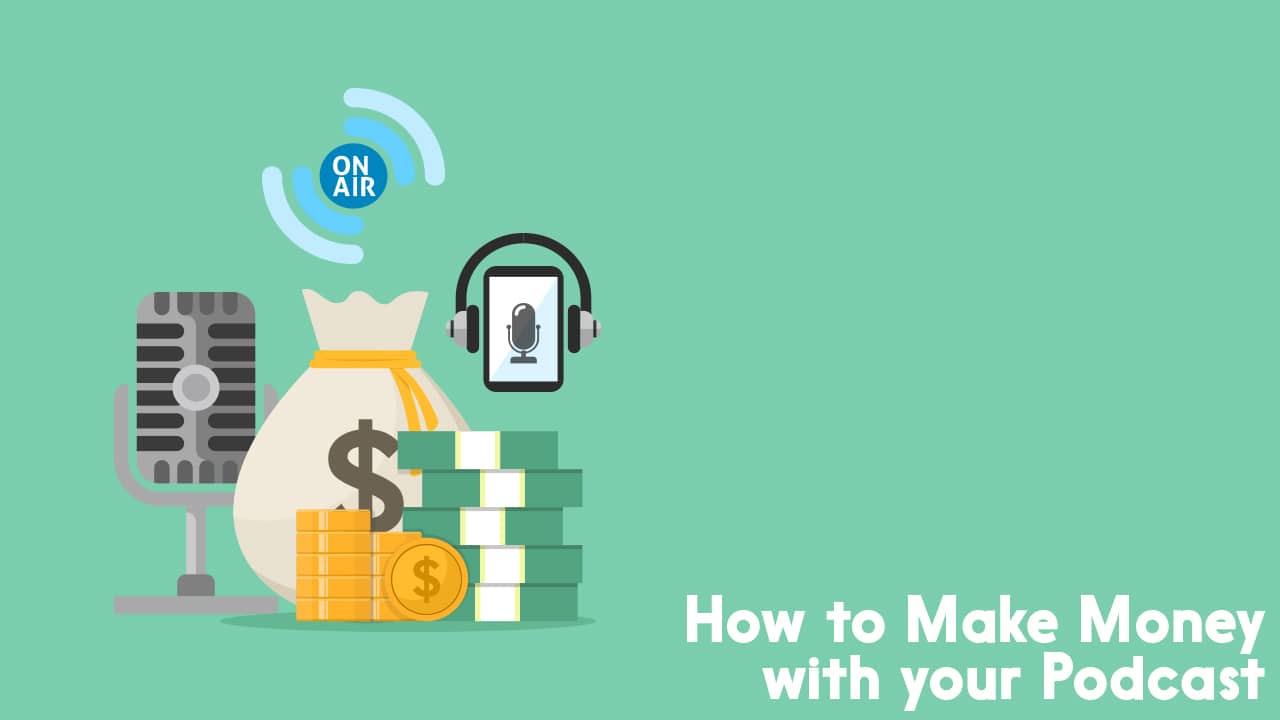How to Sell Your Podcast With Bandcamp
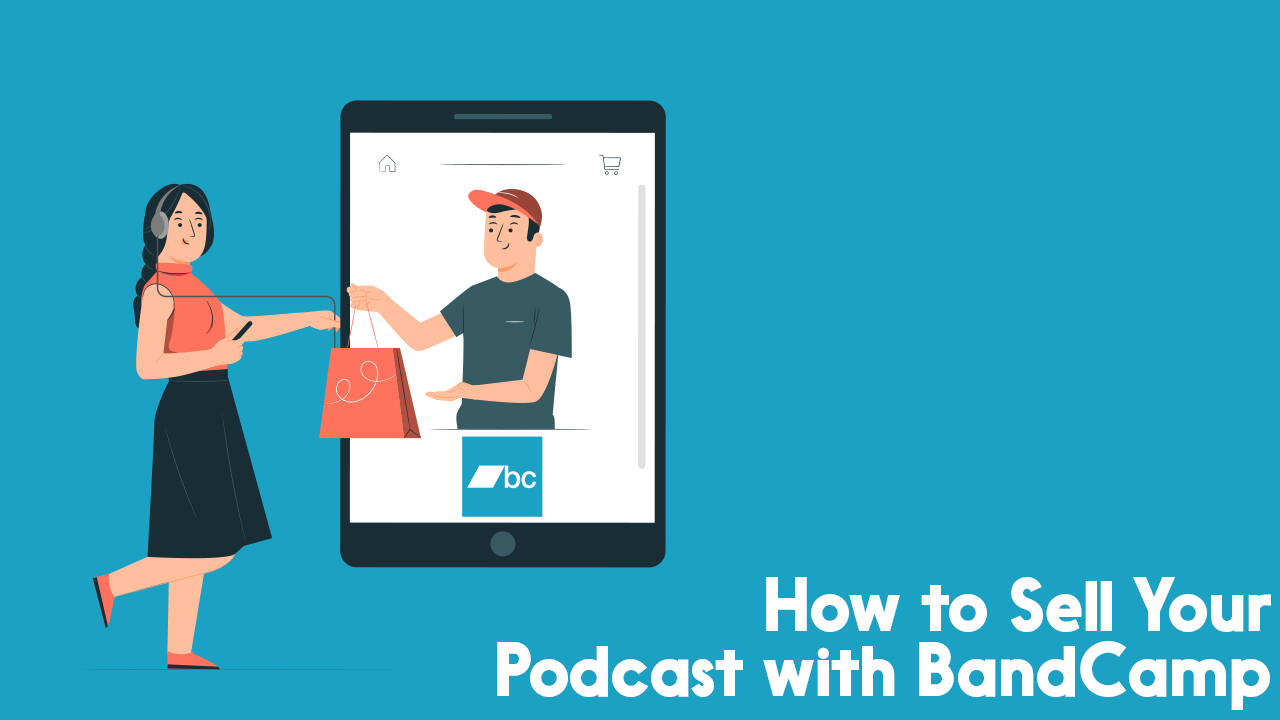
Bandcamp is the website that gives artists control over what they sell, how, and to whom they sell it. You can even use Bandcamp to sell other merchandise, such as t-shirts or physical copies of your audio. And you keep ownership of all your content. It’s a good way to monetize your podcast and build community. Ladies, gentlemen, and friends beyond the binary, let’s look at How to Sell Your Podcast With Bandcamp.
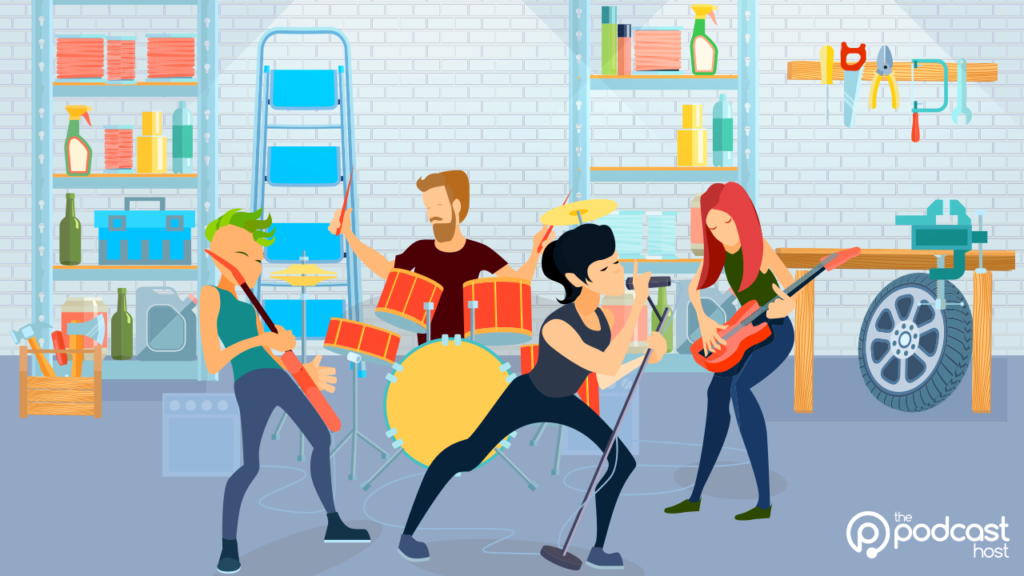
We know that authors can sell copies of their books, and musicians can sell copies of their albums. This happens with physical copies (like printed, bound books, pressed vinyl records or manufactured CDs) or digital files. But podcasts stream around the aether, in that whole RSS feed thing, right?
Yes, and you can sell copies of your podcast, too. Your audience can own copies of your content to enjoy whenever and wherever they wish. The same technology and philosophy that helps independent musicians sell music can also work for audiobook authors and podcasters.
What’s Bandcamp?
Bandcamp is an audio website that genuinely cares about artists.
The Guardian called Bandcamp “the rarest of Silicon Valley stories: a slow-burn success.” Both Bandcamp and Spotify launched in 2008. They’re audio entertainment outlets with completely different business models. Bandcamp offers sales and a limited amount of streaming in exchange for ownership and community.
Bandcamp loves listening.
This company has grown slowly by helping musicians share, sell, and communicate with music inexpensively. It’s even a profitable company. On Bandcamp, audio is the product. They don’t have ads or leverage user data. You can listen, buy a file, and download a copy. Bandcamp wants artists to control their music sales and their relationship with their audience.
When you visit Bandcamp’s landing page, a ticker of album covers clicks by, showing purchases made on the site. This entices people to browse and shows that music really sells there. Fans can play tracks on Bandcamp a few times in full. The artist controls how many times they can listen for free. After that, the system displays a message prompting them to buy.
Users can download their purchases on desktop or laptop computers or use Bandcamp’s app. This app works on mobile devices and car systems like Android Auto or Apple Car Play. If you have smart speakers, such as the Sonos system, you can link your Sonos account to Bandcamp.
When you sell your podcast on Bandcamp, your fans can download the files and listen even without wi-fi or cellular data. This is a big perk for people who travel frequently or with limited Internet access.
How does Bandcamp Benefit Artists?
Bandcamp’s goals are about music and community. Not only are there dozens of genres and sub-genres of music, but Bandcamp’s many genres include podcasts, spoken word, comedy, and audiobooks. You can even buy artists’ music through Bandcamp on vinyl records.
Bandcamp doesn’t charge artists to join or upload their files. “Our share is 15% on digital items and 10% on physical goods. Payment processor fees are separate and vary depending on the size of the transaction, but for an average size purchase, amount to an additional 4-7%. The remainder, usually 80-85%, goes directly to the artist or their label, and we pay out daily.”
In June of 2020, Pitchfork Media’s article, “This Is How Much More Money Artists Earn From Bandcamp Compared to Streaming Services,” showed how independent artists who sell their music on Bandcamp have earned thousands of dollars on just one album. In contrast, their tracks played hundreds of times on Spotify might earn less than a dollar total.
How Much Does Bandcamp Like Artists?
When the pandemic hit in 2020, musicians and performers were hurt as performance venues closed. Bandcamp, aware of the demand for entertainment and artists’ need for income, started having Bandcamp Fridays.
The company waives its revenue share on those days, so artists get more of the money users pay. “…on Bandcamp Fridays, an average of 93% of your money reaches the artist/label (after payment processor fees). When you purchase on any other day of the month… an average of 82% reaches the artist/label. Every day is a good day to directly support artists on Bandcamp!”
Okay, Bandcamp is Great For Music, But What About Podcasts?
I asked a couple of audio fiction podcast companies, Longcat Media and Tin Can Audio about their experience with Bandcamp. Both were enthusiastic and generous with their time and information. These companies make audio dramas with immersive audio and experimental sound design. Both have wholly enjoyable music, even without the story to guide it.
Bandcamp Case Study #1: Longcat Media

Creator Laurence Owen said that picking Bandcamp to share and monetize Longcat Media’s shows was an easy choice. “From a consumer POV it seems like a trusted place to go to. I’ve always found the interface to be very usable and not-at-all-annoying. Like, remarkably simple and pleasant to use. It just does exactly what you want it to do and lays out your page in a very sensible way.”
Longcat Media’s Bandcamp page has music from two different shows, plus a link for other merchandise and community announcements.
Owen’s love of Bandcamp is not uncompromised. “Initially, I baulked at the fact that Bandcamp forces you to have all your tracks be fully playable for free. I wished for a while that it would let you do 30-second previews like iTunes used to. BUT they have a specific page in their FAQ explaining why they have never done that and will never do it, and it was a bit of a penny drop moment. They link to New Music Strategies’ Hear/Like/Buy article, which is worth a read if you haven’t already seen it.”
Owen continued, “As for podcasts, I would say it’s a no-brainer to have as an option for people to support you since it costs nothing. In fact, I know of at least one podcast that uses Bandcamp as its main hub: Disney Dish with Jim Hill .”
Bandcamp has also proven useful as a merch shop too – we have actually had more sales of physical editions (that include CDs, programmes, posters and other merch) than we have had digital sales. So I think people recognise that it is a way to support the shows they like. Bandcamp’s messaging is very clear on that.
Laurence summed up, “We think it’s great, and it’s definitely one of our most effective revenue streams. There is a lot of music in our podcasts, and that may make it more lucrative for us than for some. But, I can’t see any major drawback for podcasters to have a presence there.”
Bandcamp Case Study #2: Tin Can Audio
Tin Can Audio makes audio dramas, music, and more. Their multi-faceted approach to storytelling has birthed six podcasts (five audio fiction, one creative nonfiction) and eight music albums. You can hear their podcasts for free or purchase an uninterrupted album version on Tin Can Audio’s Bandcamp page.
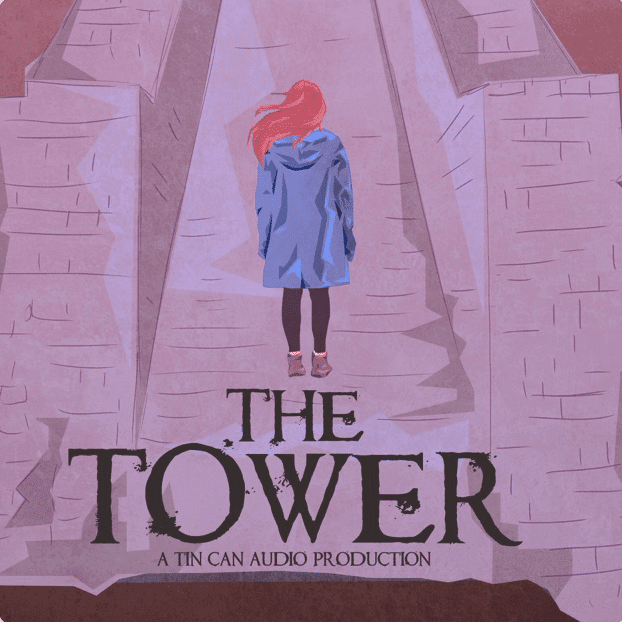
Creator David Devereux said, “I’d really recommend Bandcamp! I could spend a long time talking about it but, in short, it’s the best decision we ever made. We’ve made as much money, if not more, through the site than through Patreon or Ko-fi.”
Devereux praised Bandcamp’s commitment to audio file quality and user preferences. “When you upload to Bandcamp, you’re uploading lossless files (.wav or .flac), so the customer can choose which format they’d like the dd to be. As an audiophile, I absolutely love this feature. There’s also the option to sign up to updates, meaning they get notifications whenever a new release goes live.”
Devereux also said, “It’s a very flexible, very intuitive site to use, with a really straightforward dashboard with loads of information available on how to get the most out of your page. We’ve had a great experience with Bandcamp, and I think more podcasters should try it, especially if you’re an audio drama creator.”
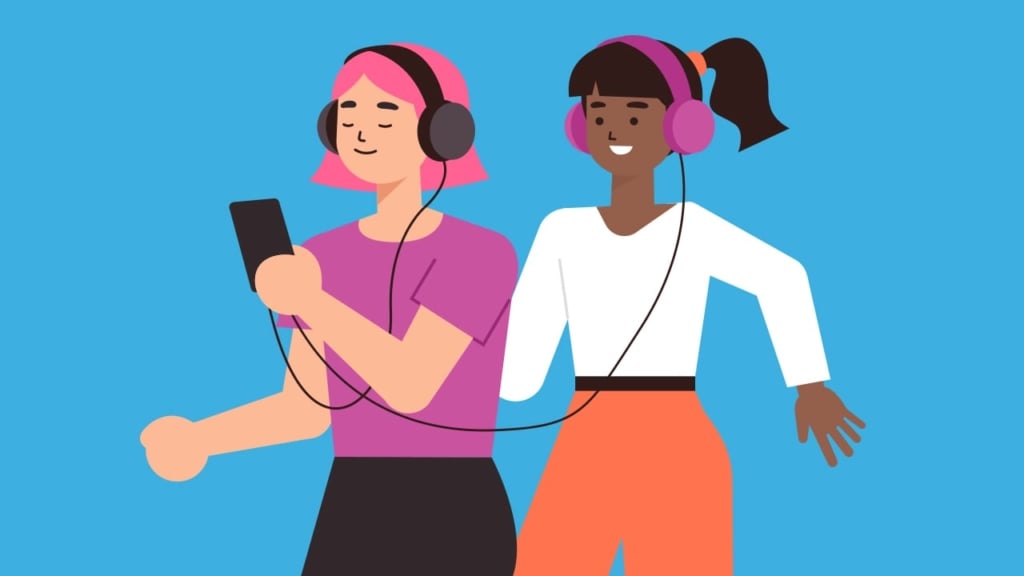
Sell Your Podcast On Bandcamp
Uploading your podcast files on Bandcamp costs you nothing but a little bit of time. You can choose how many times each audio file will stream for free. Promote your episodes on Bandcamp as an uninterrupted version that your followers can enjoy without ads. Tie your Bandcamp page in with your website and social media, and you’ll have another branch in your content strategy tree.
